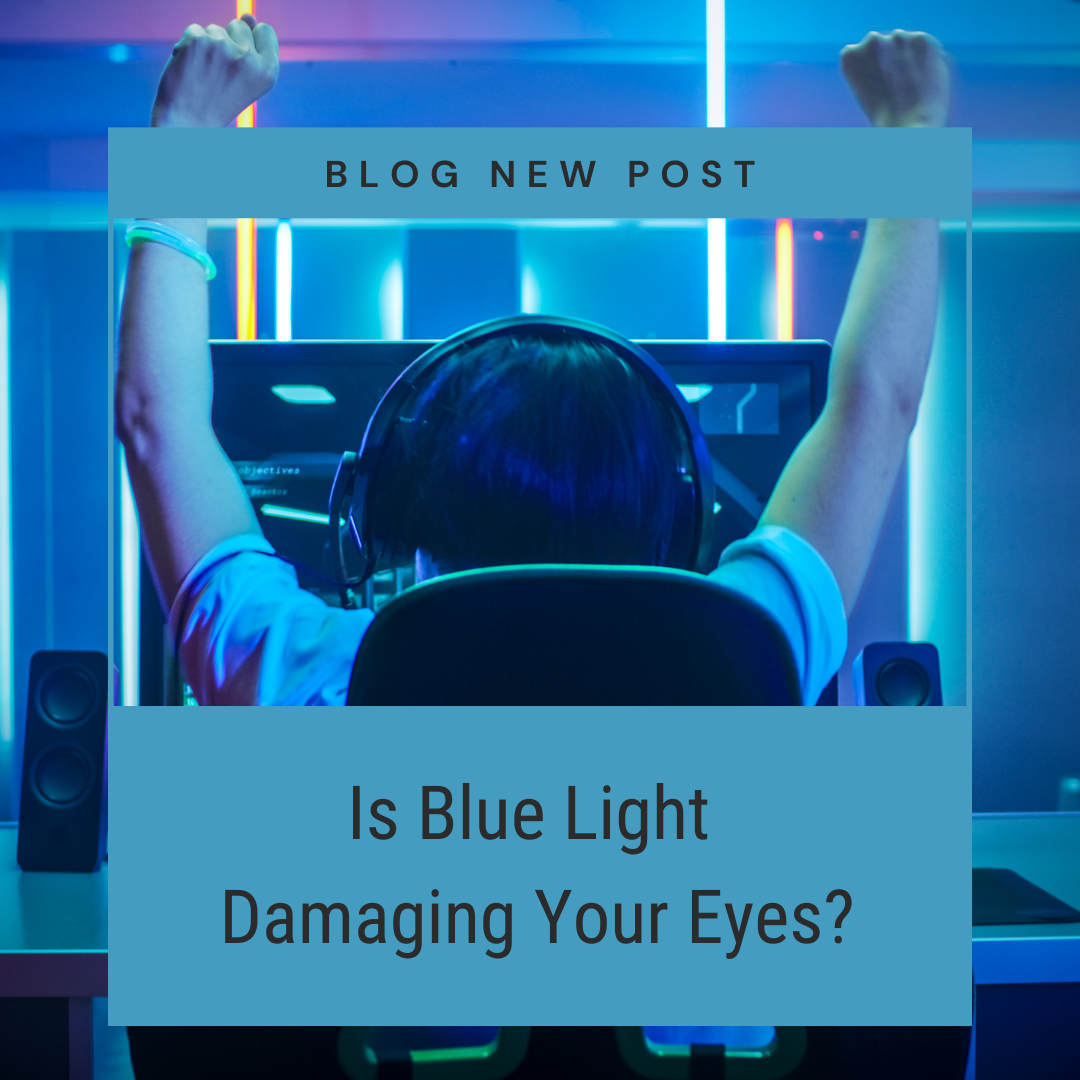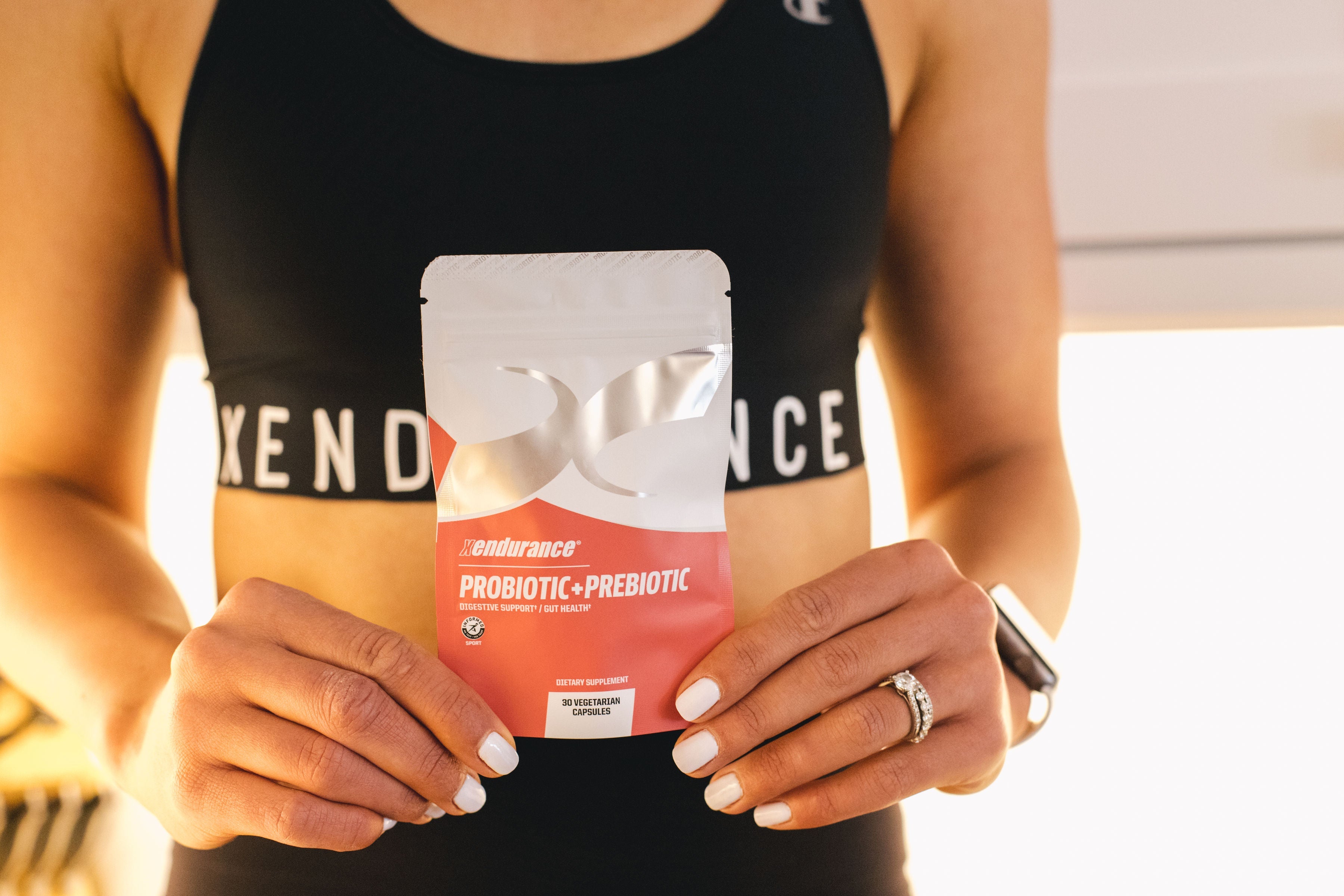You are probably staring at your computer screen right now. If not, you may be on your smart phone. By the end of the day there is a good chance you have been on multiple screens to watch tv, text, post or maybe you tried to beat the latest Halo game. Digital devices control our daily activities and your eyes usually stare into a screen 7-11 hours per day.
Some studies suggest that the blue light from all these digital screens may damage your health such as disrupting your sleep, straining your eyes, and yes, even affecting your brain! So, is blue light bad for your eyes? (1)
Brain Games
Wait a minute. Doesn't mental stimulation cut your chances of getting Alzheimer's? If we all do crossword puzzles, read more, play games, isn't this supposed to cut your risk of Alzheimer's? Many of us do these activities on digital devices. But does blue light damage eyes when we engage in these activities?
Blue light, which is emitted from screens, suppresses the production of melatonin. Melatonin is a hormone that helps to regulate your sleep. When blue light hits your eyes, it sends a signal to your brain to stop producing melatonin. This means that you may have trouble falling asleep and staying asleep.
In addition to disrupting your sleep schedule, blue light can also cause eye strain. Eye strain is when your eyes feel tired after using them for an extended period of time. Symptoms of eye strain include headaches, blurred vision, and dry eyes.
Lastly, blue light may be damaging to our brains by causing age-related macular degeneration (AMD). AMD is a condition that effects the center of your retina and can cause loss of vision. Studies have shown that blue light is a risk factor for AMD and that blue light exposure increases your chances of developing the disease.
Protecting Your Eyes From Blue Light
So what can we do to protect our eyes from the harmful effects of blue light? There are a few things you can do such as;
- Try to take breaks every 20 minutes or so when using digital devices. This will allow your eyes to rest and avoid eye strain.
- Use glasses that block blue light. There are many companies who make glasses that help reduce the amount of blue light emitted from screens.
- Install an app on your device that reduces blue light. Some apps, such as f.lux, change the color temperature of your screen depending on the time of day. This will help reduce eye strain and allow you to sleep better at night.
- Finally, try to avoid using digital devices before bed. This will help you get a good night's sleep and keep your eyes healthy!
Protecting Your Brains From Blue Light
Here are some tech-free ways to boost brainpower:
- Read a book or join a book club
- Learn a language - in person
- Talk to people, socialize - yes put your phone down and talk
- Dance, go for a run. Do some type of physical activity
- Take up gourmet cooking
- Take a nutritional supplement with the proper eye health dosage of Lutein (10mg per day) and Zeaxanthin (2mg per day) to help protect your eyes.
- Eat Healthy! A diet rich in fruits, vegetables, and fish known for their omega-3 fatty acids helps promote optimal brain health and may protect against the onset of dementia. (2)
Digital Detox
Life use to “work” without blue lights. We all use to function without smart phones. There are MANY things that can be done without looking at blue light but sometimes we forget. We all want immediate information, immediate answers and immediate contact with people so the average American ends up texting about 42 times per day. Don't believe this? Start counting tomorrow.
Maybe a good idea is a digital detox. Just pull your head away from your devices and look someone in the face and talk. Pull your eyes off your screens. Give your eyes and brain a rest. If you are aware of the consequences of glazing into blue light all day long there may be a subconscious effort to step away every now and then just abstain. Try a digital detox! You know you probably need it.
- (1) Heo J, Kim K, Fava M, et al. Effects of smartphone use with and without blue light at night in healthy adults: a randomized, double-blind, cross-over, placebo-controlled comparison. J Psychiatr Res 2017;87:61-70.
- (2) Alzheimer’s Research and Prevention Foundation. http://alzheimersprevention.org/4-pillars-of-prevention/pillar-1-diet-supplements/. [Accessed May 31, 2019]
- Heo J, Kim K, Fava M, et al. Effects of smartphone use with and without blue light at night in healthy adults: a randomized, double-blind, cross-over, placebo-controlled comparison. J Psychiatr Res 2017;87:61-70.









Leave a comment
This site is protected by hCaptcha and the hCaptcha Privacy Policy and Terms of Service apply.